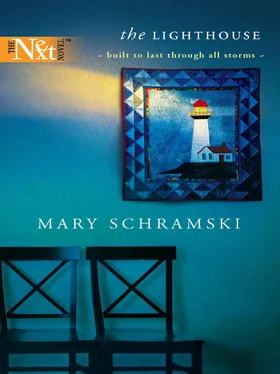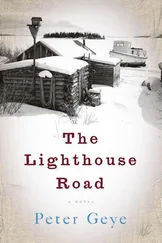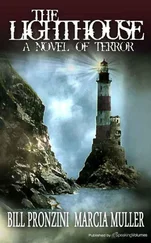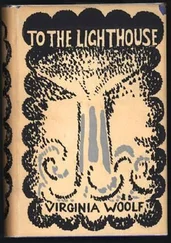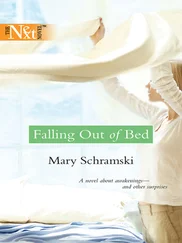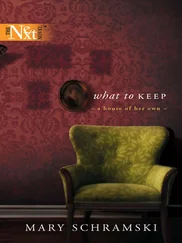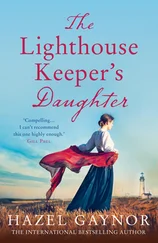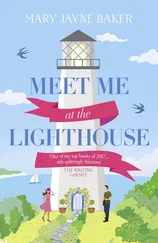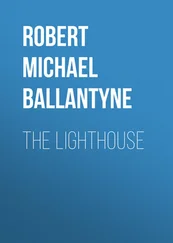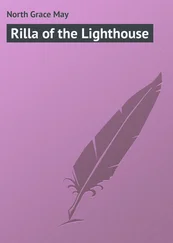He closed his eyes—God, what a fool he’d been.
Jake took the curb too fast, staggered, then fell to his knees, palms flat against the asphalt.
“Damn!” The low grunt knifed the air.
Stunned, he got up and dusted bits of tarred gravel from his hands. He tested his legs. His knees throbbed.
Slowly he walked into the park. The last time he could remember being here was with Dorothy and Christine. Dorothy had managed to talk him into going with them. The kid was little and she romped through the thick grass. Dorothy laughed, leaned against him.
The white clapboard lighthouse tower, forty feet away, stood between the eucalyptus trees. For the past few years, on days when the weather was good, Dorothy brought her lunch to the bench in front of the lighthouse and spent twenty minutes relaxing. At times, he’d actually been jealous of the building.
When the San Pedro City Council and the Coast Guard abandoned the place, Dorothy latched on to the hope someone would save the lighthouse. He’d told her a million times it wouldn’t happen, that nobody gave a crap about a useless building and she shouldn’t, either. Then he’d turned up the volume on the TV.
Jake winced, closed his eyes and wanted to go back, have one more night to listen and to talk to her. A foghorn from the Los Angeles harbor sounded, reaching out its long, thick fingers. His knees hurt and his hands burned. He needed to go home and rest. Maybe a hot shower would help him ease the pain in his knees, his chest.
He turned toward the exit to leave then stopped.
His heart began to pound. Her dark hair swayed, and the red dress with the white buttons that fitted her so well and enhanced her breasts reminded him of years ago, and how young they’d been.
Jake’s throat tightened. He closed his eyes, then opened them.
But Dorothy was gone.
I struggle out of sleep, sit up. The Christmas tree lights blink on. Dad is standing by the living room window looking out at the front yard.
“I must have fallen asleep,” I say, hugging myself and leaning back on the couch where I dozed off. “I was waiting for you to come home.”
Dad crosses the room, clicks on the light by his chair, goes over and pulls the plug on the tree, then looks at me. “You should go to bed.”
I yawn. According to the grandfather clock in the corner, it’s eleven-thirty.
“I should. How long were you out?”
“Couple of hours.”
I get off the couch and notice the dirt on his pants. “What happened to your pants?”
“I fell.”
“You fell? How? Are you okay?”
“Yeah. I stumbled off the curb. It’s no big deal,” he says, waves me away, and that’s when I see the blood on his hand.
“Dad, your hand is bleeding!” I go to him, take his wrist gingerly and try to look at his palm.
“It’s nothing.” He pulls away, walks through the dining room to the kitchen. I find him at the sink, filling a glass with water.
“You sure you’re okay?”
He nods, drinks. Water drips on the front of his chambray shirt, tiny dark tear shapes. I begin to feel light-headed. He turns back around, rinses his palms and grimaces.
“You should put something on your hand.” I look at his pants again. There isn’t any blood and I’m thankful for that. “You sure your knees are okay?”
“There’s Neosporin somewhere around here. When I find it, I’ll put some on.”
Dad walks back to the living room and I tag along. He sits, groans, then looks at me and forces a smile. “I’m fine.”
“I know where the Neosporin is.” And for one deep, long moment, I want my mother to be here so badly I can’t breathe. I shake the thought away, go to the medicine cabinet, locate the ointment and come back to the living room.
“Here, put your hand out.” He does, and I dab the antibiotic on the small oozing areas.
“The other one is scraped, too.” He holds his left hand out.
It’s not as bad as his right one, thank God. “This must have taken the fun out of your walk,” I say, trying to be funny as I dab on more ointment.
He gives me this weird look, for just a moment—a split second really—and then it’s gone. But it’s too late and I’m more worried than I was before.
“Maybe you should go to the doctor to check—”
“I’m not going to the doctor.”
“What if you broke something?”
“I’m okay. I’ve had broken bones before and I know what that feels like.”
“Where’d you fall?” I ask as I put the cap on the Neosporin.
“On my knees.”
“No, I mean where were you?”
“Over by the park.”
“Oh, you walked to the park?”
“Yeah.”
“I haven’t been there in years. Is it the same?”
Instead of answering, he closes his eyes. And I notice how pale his skin looks, pallid really. And the wrinkles on his forehead are much deeper than I remember.
“Dad?”
He looks at me. “Yeah?”
“Can I get you something? Maybe some hot chocolate or anything, another glass of water?”
“Hot chocolate would be good.” He pushes himself up with his elbows, his hands held high.
“I’ll make it,” I say, and we go into the kitchen. A few moments later, the hot chocolate sizzles in the pan. I stand at the stove, not knowing what to do. Dad is by the sink. I smile at him.
“I did the dishes.” I nod toward the sink.
“Thanks. Kitchen looks nice.”
“Is it cold outside?”
“A little.”
The house is so quiet and colorless without my mother. “The house seems kind of lonely.”
“It is.”
“How are you doing really?”
“Every day is tough…but I’m okay.” He purses his lips, shakes his head like a kid, and I feel so sorry for him.
I study the table for a moment, try to think of something that might make him feel better. When I look back, he’s staring at me. “Someone told me it gets easier.”
“That someone lied.” Dad straightens a little, looks at the pan on the stove. “Chocolate ready?”
“I think so.” I look for mugs that don’t remind me of my mother, but it’s impossible. I finally give up, fill two bright yellow ones that are as familiar as my own reflection.
“It’s hot, so be careful with your hands.” I place the steaming mugs on the oak table.
We sit across from each other. “So you walked around the park? Isn’t it kind of dark there at night?”
“Yeah.”
“I’ve never been there at night.”
He looks down, gingerly brings the mug to his lips, blows across the surface. “What do you want to do tomorrow?”
“Well, you know I need to go Christmas shopping. We could go to the mall early before it gets busy. I’ll buy you lunch after.”
“Still gonna challenge the crowds?”
I nod. “You could come with me, if you feel okay. I’ll drive. We don’t have to stay out long.”
“No thanks.”
I fill my lungs. “Doing something with a friend?”
“Nah. Thought I’d hang out around the house, get some work done.”
“Do you see any of your friends?”
“Chet and I have a beer once in a while. Most of our friends were your mother’s. She was good at making friends.”
Chet is a friend of my father’s. They knew each other in Vietnam. He’s a nice guy, quiet, tall and gray-haired like my father.
“I know, but they liked you, too. You could still go to dinner with them, have a drink. It’s got to be lonely without people around,” I say, knowing this from experience. I don’t have a lot of friends in Tucson because I work too much. When I’m home, I watch TV, then fall into bed so I can start another day early.
“People quit calling months ago.”
Читать дальше
